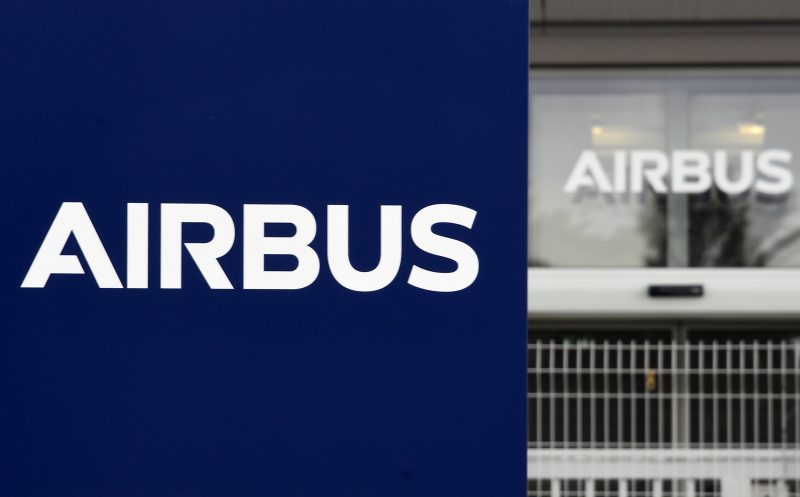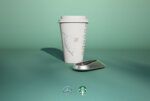US proposes tariffs on EU products over Airbus subsidies
Washington and Brussels have accused each other of unfairly subsidising the aircraft makers for more than 14 years (PASCAL PAVANI)
San Francisco (AFP) – A simmering transatlantic trade row risked escalating on Tuesday after the US threatened to impose tariff counter-measures of up to $11.2 billion on a host of European products.
The threatened US tariffs are in response to subsidies received by aircraft maker Airbus and target a host of European products including helicopters, aircraft parts and gouda cheese.
The riposte come amid a fragile truce between the EU and the US after President Donald Trump angered Europe last year by slapping duties on steel and aluminium imports and threatening new ones on cars.
For more than 14 years, Washington and Brussels have accused each other of unfairly subsidising Boeing and Airbus, respectively, in a tit-for-tat dispute that long predates Trump.
The Boeing-Airbus spat is the longest and most complicated dispute dealt with by the WTO, which aims to create a level playing field in global trade.
In a statement Monday, the office of the US Trade Representative (USTR) said the World Trade Organization (WTO) had repeatedly found that European subsidies to Airbus have caused adverse effects to the United States.
“This case has been in litigation for 14 years, and the time has come for action,” said US Trade Representative Robert Lighthizer.
“Our ultimate goal is to reach an agreement with the EU to end all WTO-inconsistent subsidies to large civil aircraft. When the EU ends these harmful subsidies, the additional US duties imposed in response can be lifted.”
– EU hits back –
The EU fired back on Tuesday, saying that the amounts claimed by the US were “greatly exaggerated”.
“The figure quoted by USTR is based on US internal estimates that have not been awarded by the WTO,” the commission official added.
Both sides however agreed that the size of the duties was subject to arbitration at the WTO, the result of which was expected in the summer.
Both aviation giants have scored points along the way in the marathon dispute.
The WTO ruled in March 2012 that billions of dollars of subsidies to Boeing were illegal and notified the United States to end them.
But a few months later, the European Union filed a new complaint, alleging Washington was not complying with that order.
In a split ruling published in June 2017, the WTO said the US had mostly brought programs into compliance, but agreed that Washington had not taken “appropriate steps to remove the adverse effects or… withdraw the subsidy” in the one case.
Brussels was also reprimanded by the WTO during the Airbus-Boeing row, and the US asked the WTO to determine the amount it could impose in sanctions against the European Union for failing to remove subsidies.
– Transatlantic tensions –
The USTR said Monday that once that report is issued, it will announce a finalised product list.
Airbus in a statement said the list was “totally unjustified”, while archrival Boeing said that it supports Washington’s “ongoing efforts to level the playing field”.
“Boeing has consistently supported US compliance with WTO rulings. It’s now time for the EU to follow that example and end all illegal government support for Airbus,” Boeing said.
The revived spat comes at a sensitive time for transatlantic relations.
Trump and EU Commission President Jean-Claude Juncker in July agreed to launch trade talks and refrain from imposing further tariffs in a bid to cool tensions.
“I plead for an amicable agreement,” French Finance Minister Bruno Le Maire said at a press conference in Paris.
“When I look at the growth situation worldwide, I cannot believe we can allow a trade conflict, even in the sole area of aeronautics, between the United States and Europe,” he added.
The tariff threat also comes at a critical time for Boeing, caught in a crisis over its 737 MAX aircraft that is grounded over safety fears following two fatal accidents.
Disclaimer: Validity of the above story is for 7 Days from original date of publishing. Source: AFP.


